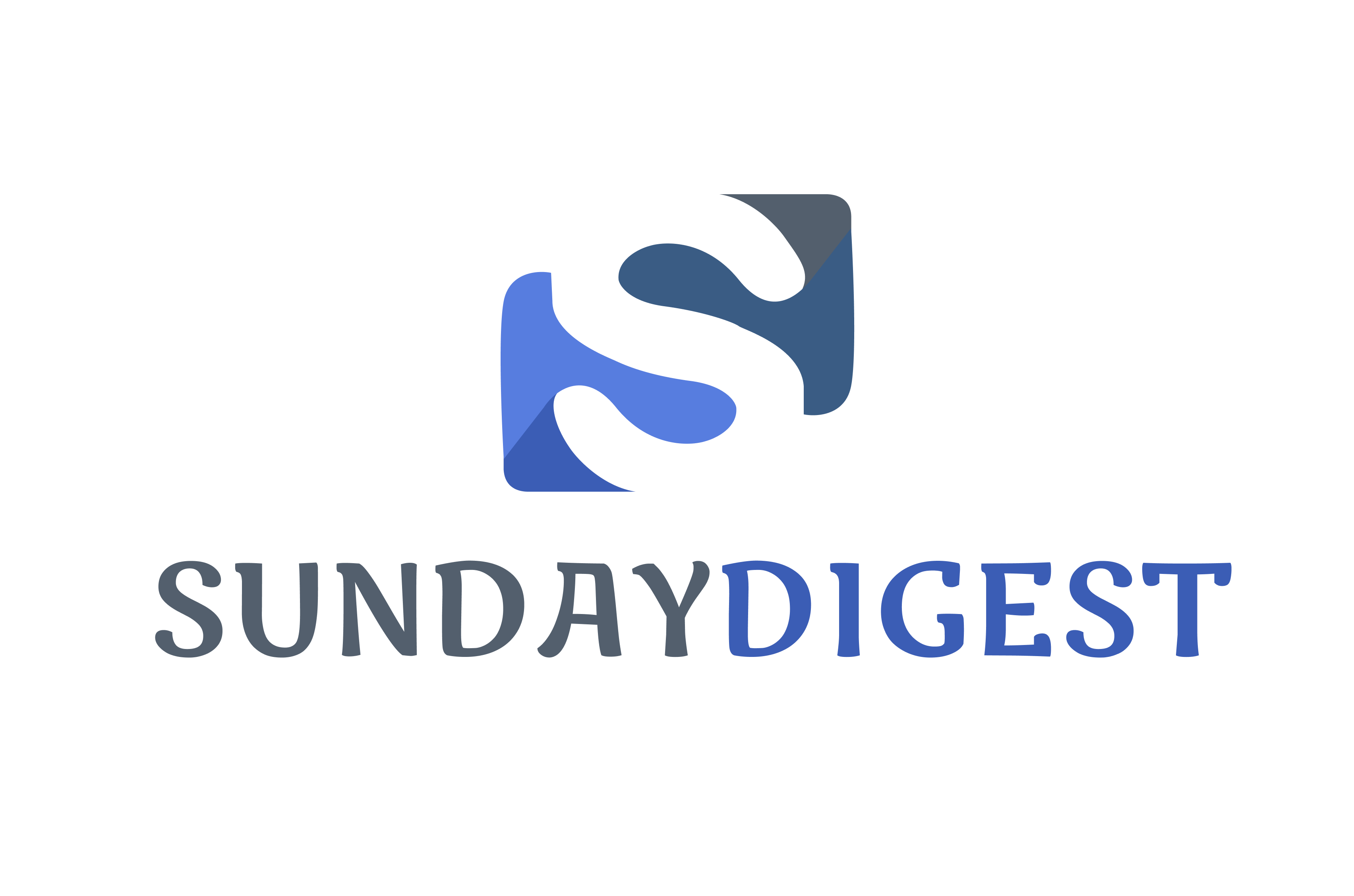
The Pros & Cons of Creating AI-Backed Medical Software

Artificial intelligence is increasingly being incorporated into different sectors, including the medical field. From diagnosing diseases to creating treatment care plans, AI-backed medical software is transforming the healthcare industry. However, with any innovation, there are pluses and minuses. And this is very true for AI medical software.
The Pros of AI-Backed Medical Software
One of the biggest advantages of AI-backed medical software is its ability to accurately diagnose medical conditions. Unlike human medical professionals, AI uses a vast amount of data, including medical research, to provide accurate diagnoses, even for rare diseases.

Ed / Pexels | Developing an AI-backed medical device would mean increased accuracy in diagnosis.
In the long run, this reduces the likelihood of misdiagnoses, providing patients with more precise and correct treatments needed to improve their health outcomes.
Increased Efficiency in Medical Workflows
Another advantage of AI-backed medical software is improved efficiency in medical workflows. With automation technology, AI can complete mundane tasks, such as taking patient histories and updating medical records, freeing up time for medical professionals to focus on complex patient cases.
Thus, this will lead to better patient outcomes and can improve medical practice profitability.
Enhanced Patient Engagement
In addition to efficiency, AI-backed medical software can also improve patient engagement. By analyzing patient data, AI can provide personalized health recommendations, empowering patients to take control of their health and become more involved in their treatment regimes.
As a result, this can lead to better health outcomes for patients and higher satisfaction rates.

Pixabay / Pexels | If medical professionals come up with AI-backed software, it will increase the efficiency of medical workflows.
The Cons of AI-Backed Medical Software
While the benefits of AI in the medical field are significant, there are also ethical and legal concerns tied to AI-backed medical software. For example, who is responsible if a diagnosis is incorrect? While AI can increase diagnosis accuracy, patients may question who should take responsibility in case of a mistake.
Data Privacy & Security
Another challenge of AI-backed medical software is data privacy and security. Medical data can be sensitive, and patients’ privacy must be protected. That is why healthcare providers and application developers must take extreme measures to secure patient records to prevent data breaches. Only then the AI device will be acceptable.
Technological Limitations
AI-backed medical software is not without its limitations, and the technology still needs refining. For example, the data AI provides is only as good as the input it receives.

Gustavo / Pexels | One of the biggest minuses of AI integration in the healthcare sector is the fear of misleading. It can cost lives!
Without quality data, AI cannot operate as it should. This is especially true for AI application development in low-resource settings where data may be limited.
Summing Up
The incorporation of AI in the medical field is necessary and will benefit the industry significantly. However, there are drawbacks and challenges that must be addressed before the widespread use of AI-backed medical software can be implemented.
As a society, we must ensure that the legal, ethical, and data privacy concerns of AI-backed medical software are addressed while also mitigating technological limitations. Ultimately, AI-backed medical software, with refinement and further development, has the potential to revolutionize the healthcare industry, optimizing medical workflows and improving patient outcomes.
More in Medicare
-
`
What to Do in Ubud, Bali – Top Attractions & Activities
Ubud, the cultural heart of Bali, offers an array of activities that capture the essence of this enchanting island. From exploring...
September 11, 2024 -
`
Important Aspects of Your Health You Should Pay Attention To
When thinking about your health, it’s crucial to consider the key factors that create a solid foundation for your well-being. These...
September 6, 2024 -
`
6 Creative Birthday Party Ideas For Adults
Gone are the days when birthdays were just about cakes and candles. Now, it is all about creating memorable experiences that...
August 28, 2024 -
`
Are Chanel and Johnny leaving Days of Our Lives? Here Are the Facts
Fans of Days of Our Lives have been on the edge of their seats, wondering if Chanel and Johnny are leaving...
August 20, 2024 -
`
How Much Does Massage Business Make? A Profitability Breakdown
Curious about how much does massage business make? The massage spa industry in the United States is a significant sector, with...
August 14, 2024 -
`
How to Stay Healthy During Cold and Flu Season
Cold and flu season can be a daunting time, with the risk of illness looming large. Missing work, classes, or social...
August 9, 2024 -
`
Which US Virgin Island Is the Best for Your Dream Vacation
Choosing the perfect island for your dream vacation can be challenging, but each of the U.S. Virgin Islands offers something unique...
July 31, 2024 -
`
Is Taylor Swift ‘Officially’ Engaged to Travis Kelce?
Is Taylor Swift engaged to Travis Kelce? This question has been buzzing around fans lately. Well, their relationship has been nothing...
July 23, 2024 -
`
How to Become a Property Manager in 6 Easy Steps
So, you are wondering how to become a property manager? If you love real estate and have a knack for organization,...
July 17, 2024















You must be logged in to post a comment Login